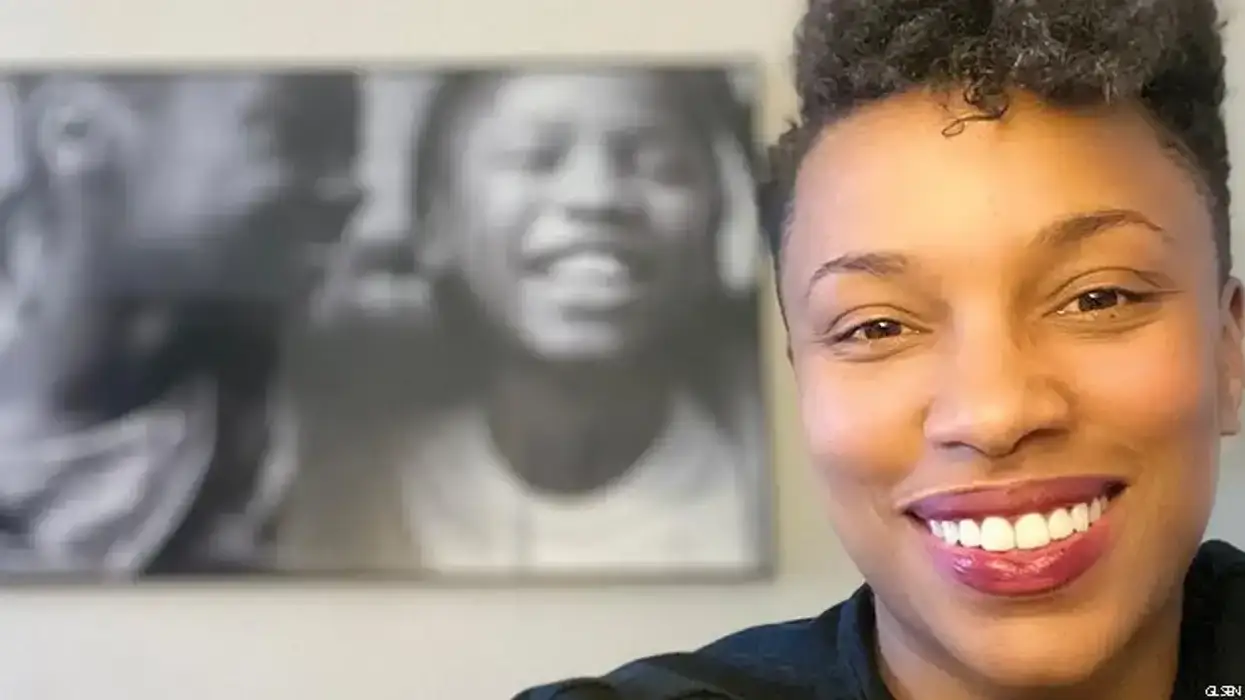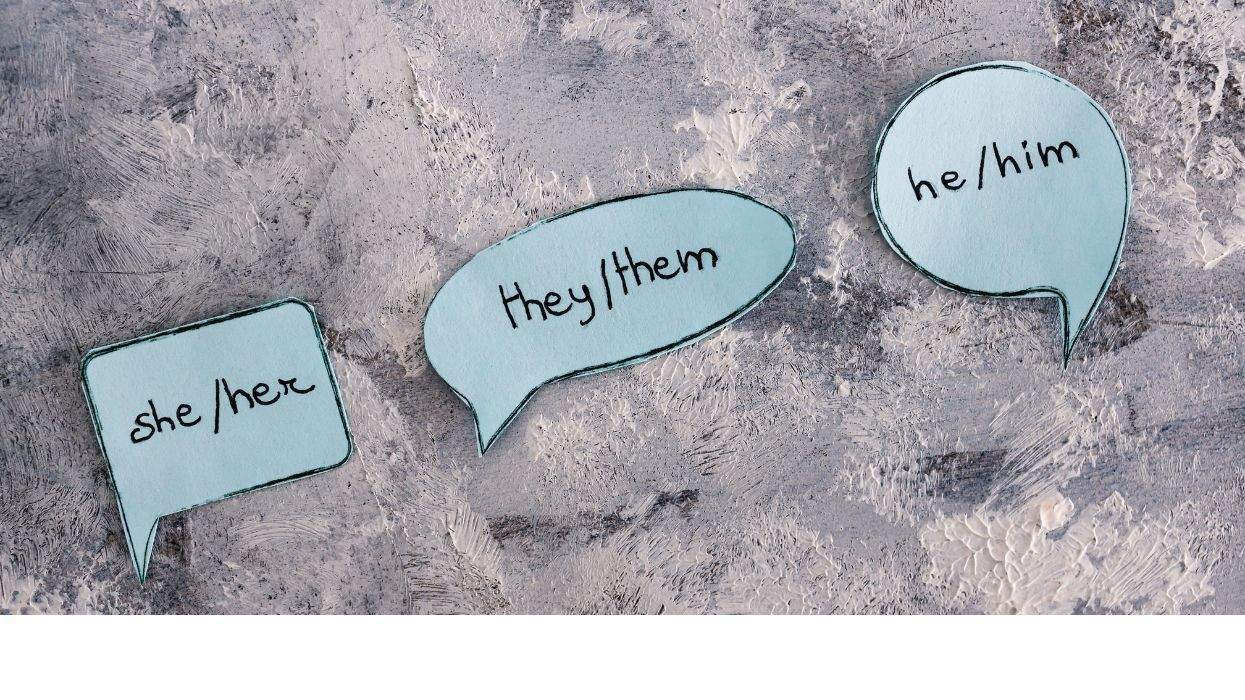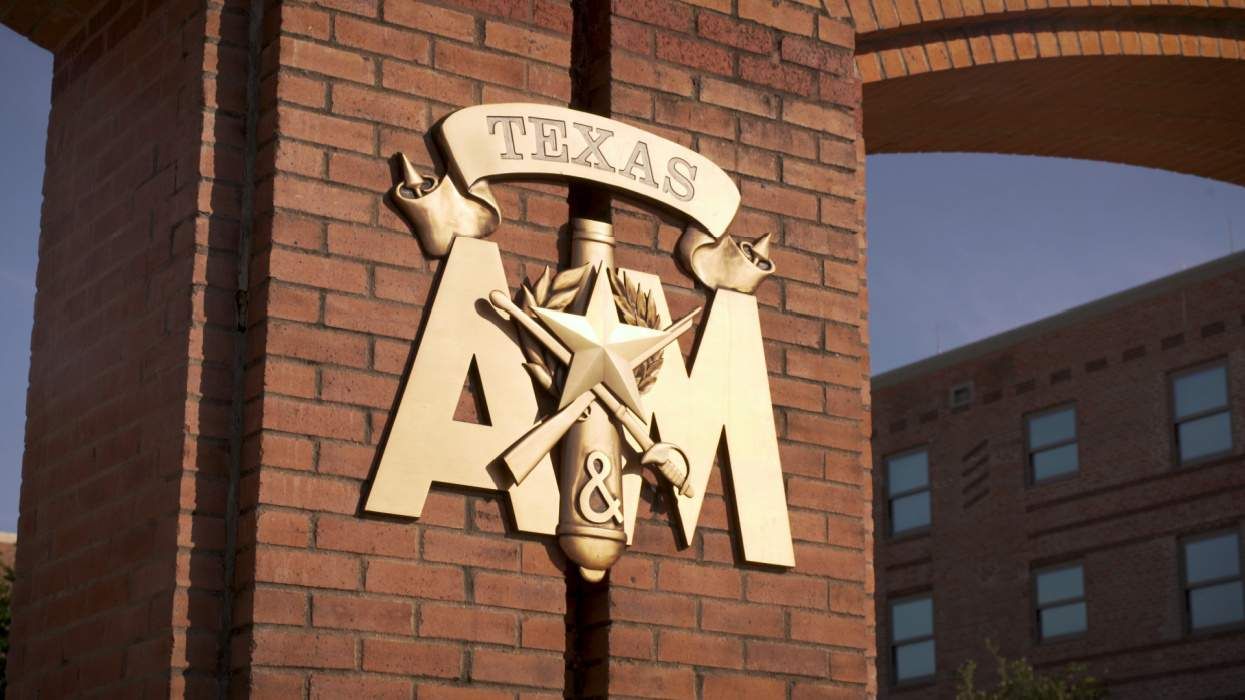Written by Shirin Faqiri
(CNN) — Alabama Gov. Kay Ivey signed a sweeping bill into law Wednesday that prohibits public schools and universities from maintaining or funding diversity, equity, and inclusion programs.
The law, known as SB 129, also requires public universities to “designate restrooms on the basis of biological sex” — which Alabama law defines as “the physical condition of being male or female, as stated on the individual’s original birth certificate” — and not the gender that aligns with how a person identifies.
In a statement shared with CNN Wednesday, Gov. Ivey said her administration “will continue to value Alabama’s rich diversity,” but she vowed to stop DEI supporters and proponents from pursuing a “liberal political movement counter to what the majority of Alabamians believe.”
The law goes into effect October 1.
SB 129 comes amid a nationwide push from conservative lawmakers to limit the rights of transgender and LGBTQ+ individuals and ban DEI programs after the Supreme Court overturned affirmative action.
The legislation prohibits local public school boards and universities from maintaining an office or department that promotes DEI. It also bars students, employees, and contractors from being required to attend any DEI “training, orientation, or course work that advocates or requires assent to a divisive concept.”
The legislation outlines eight “divisive concepts” including discussions around conscious or subconscious racism and sexism, and whether “meritocracy or traits such as a hard work ethic are racist or sexist” that are now prohibited.
It also empowers state agencies – including local boards of education and public universities – to “discipline or terminate the employment of any employee or contractor who knowingly violates this act.”
However, the law specifically notes that it does not prohibit students and staff from hosting DEI programs “provided that no state funds are used.” Universities are also still allowed to “engage in recruiting and outreach programs” and teach topics and events in a “historically accurate context.”
Earlier this month, protesters rallied outside of the Alabama state capitol and urged lawmakers to oppose the bill, holding signs that read “Democracy thrives on diversity” and “DEI saves lives.”
The American Civil Liberties Union of Alabama also spoke out against state lawmakers’ attempt to frame DEI programs as “divisive.”
“This bill is intended to have a chilling effect on discourse regarding race, class, sexuality, and national origin, and seeks to characterize these discussions and accurate teachings, assignments, and trainings that also supplement them as ‘divisive,’” the legal advocacy group wrote in a statement on their website.
Birmingham Mayor Randall Woodfin has said he would encourage Black athletes to consider attending universities outside of his state if the bill were to become a law.
“To the State of Alabama: Why would you make it illegal for institutions of higher learning to promote diversity and inclusion among its faculty and staff? Why would you block fair representation and opportunities for all people,” Woodfin wrote on X.
“Although I’m the biggest Bama fan, I have no problem organizing Black parents and athletes to attend other institutions outside of the state where diversity and inclusion are prioritized.”
The-CNN-Wire
™ & © 2024 Cable News Network, Inc., a Warner Bros. Discovery Company. All rights reserved.















Charlie Kirk DID say stoning gay people was the 'perfect law' — and these other heinous quotes
These are some of his worst comments about LGBTQ+ people made by Charlie Kirk.